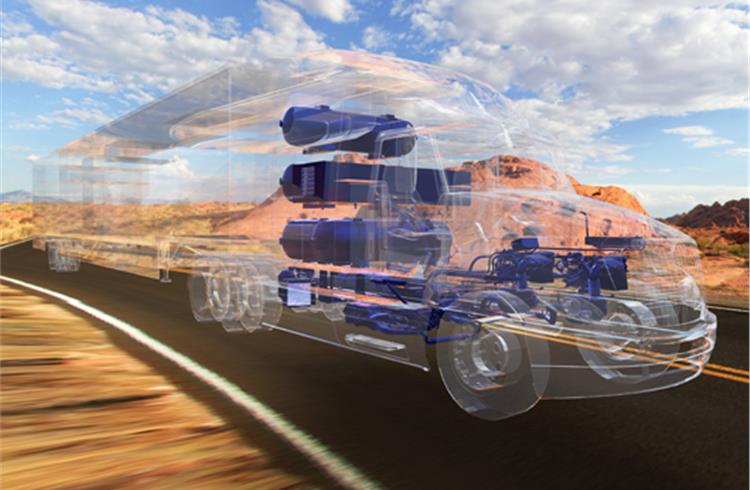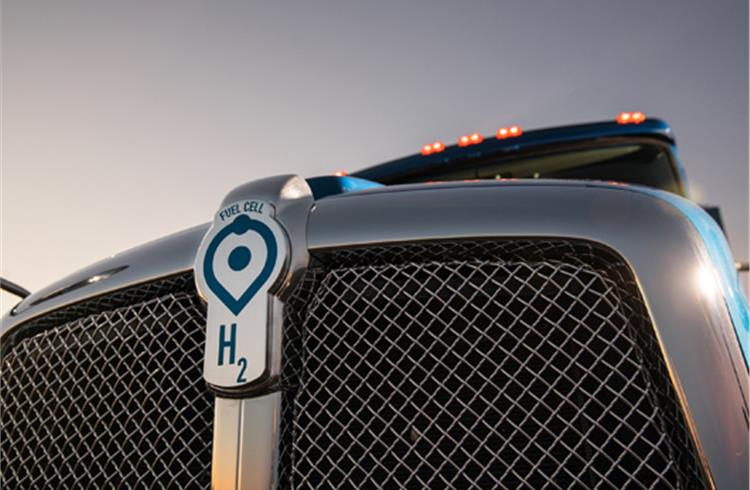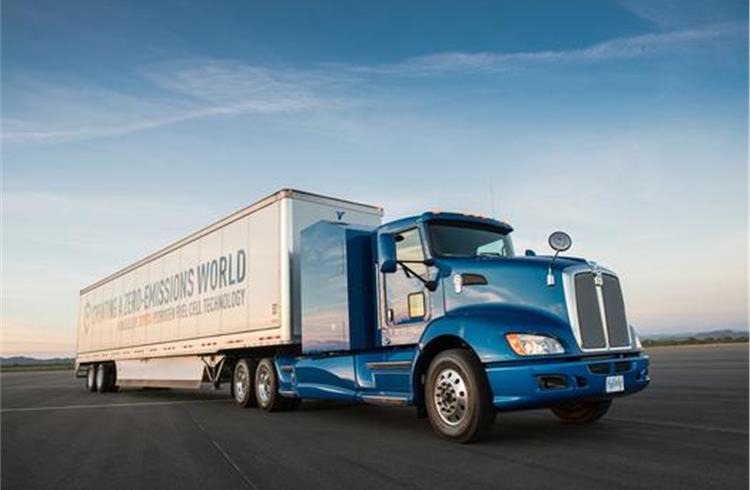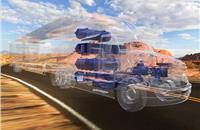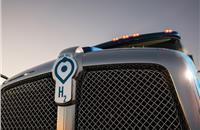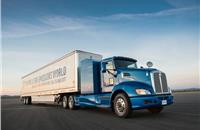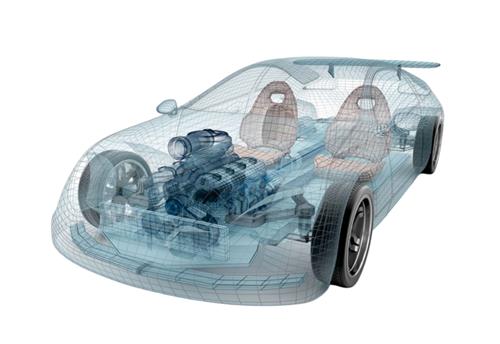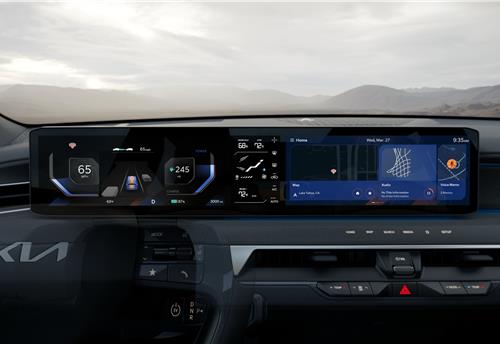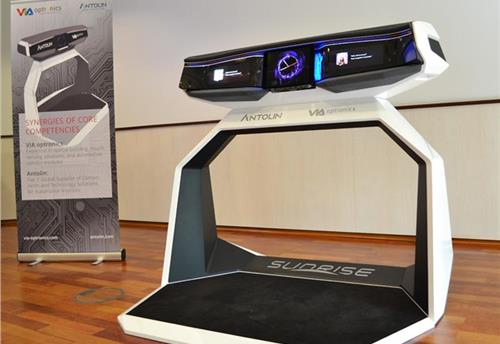Ricardo collaborates with Toyota on ‘Project Portal’ fuel cell truck project
Ricardo has provided technical assistance to the project, including areas of design, vehicle build, testing and development, and is currently supporting vehicle trials.
Toyota’s ‘Project Portal’ is designing a heavy-duty hydrogen fuel cell system for class 8 truck use at the Ports of Los Angeles and Long Beach. Ricardo says it has provided technical assistance to the project, including areas of design, vehicle build, testing and development, and is currently supporting vehicle trials.
Project Portal is the next step in Toyota’s effort to broaden the application of zero-emission fuel cell technology that can serve a range of industries. It is a fully functional heavy duty class 8 truck with adequate power and torque capacity to conduct port drayage operations while emitting nothing but water vapor. Heavy duty vehicles make up a significant percentage of the annual emissions output at the San Pedro Bay ports, and the Portal feasibility study may provide another path to further reduce emissions.
Ricardo has assisted Toyota on this project across a wide range of engineering functions. These have included systems integration and packaging, including the fuel cells, power electronics, hydrogen tanks, cooling systems, batteries, electric motors and transmission. Many of the ancillary systems that are traditionally driven by the engine were also electrified, including the air compressor, power steering and HVAC system, the controls of which required integration into the vehicle’s J1939 CAN BUS.
The Project Portal platform is designed to provide the target performance required to support port drayage operations. The truck generates more than 670 horsepower and 1325 pound feet of torque from two Mirai fuel cell stacks and a 12kWh battery, a relatively small battery to support class 8 load operations. The concept’s gross combined weight capacity is 80,000 lbs., and its estimated driving range is more than 200 miles per fill, under normal drayage operation.
“Ricardo was honoured to collaborate with Toyota on this high profile fuel cell demonstration project,” commented Chris Brockbank, VP of Vehicle Engineering at Ricardo. “Heavy duty trucks are generally not amenable to the types of electrification used for passenger cars and other light duty vehicles, due to the size and cost of the required battery systems. For this reason, Project Portal provides an exciting opportunity to evaluate a further, practical option for a heavy truck ZEV application. We look forward to working with Toyota in the completion of the in-port trials, and to seeing the results of the project which, I believe, may well inform the future vision of heavy duty transportation.”
RELATED ARTICLES
Marelli Talbros Chassis Systems wins Rs 1,000 crore business from European OEM
The order, to be executed over an eight-year period, is for the supply suspension arms tailored for both conventional in...
Kia launches customised NBA display themes for North American market
Display Themes is a customised service that supports a personalised vehicle experience, allowing users to customise the ...
Antolin and VIA Optronics unveil versatile vehicle cockpit concept
The Sunrise vehicle concept cockpit, which is engineered for seamless transitions between manual and autonomous driving ...





 By Autocar Pro News Desk
By Autocar Pro News Desk
 07 May 2017
07 May 2017
 4198 Views
4198 Views



